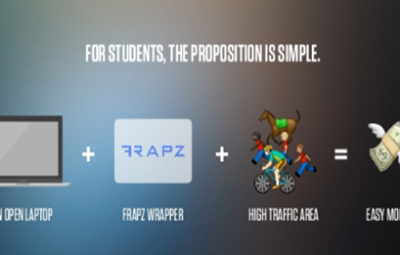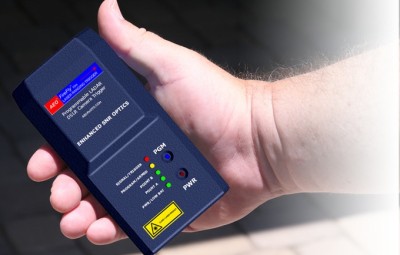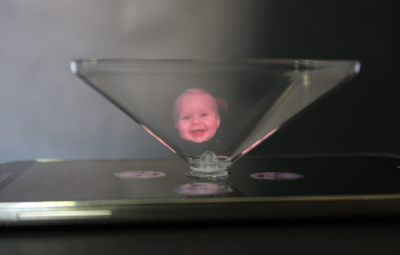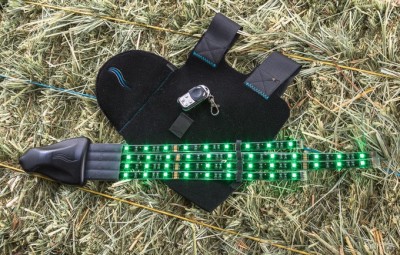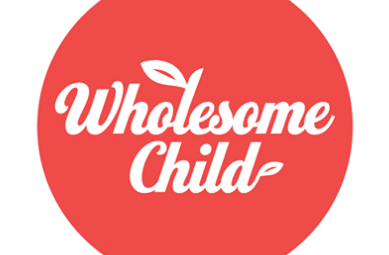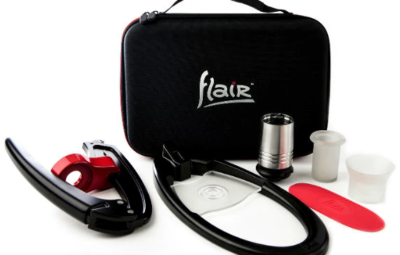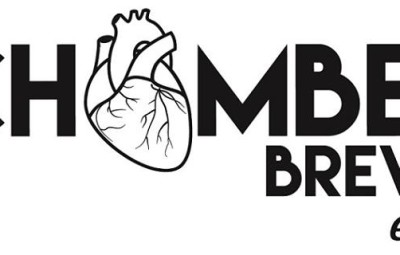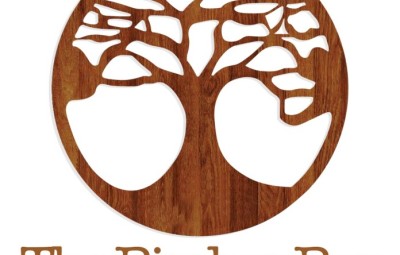The Carl Correns Foundation is a tax-exempt charity, a new enterprise of active scientists making a difference in medicine by building better software and exploring theoretical models with mathematical tools. Most of us are former postdocs at Stanford, or professors of mathematics or computer science. There is too little funding for this complex interdisciplinary work, and it is often necessary to show initial progress for further funding.
The Carl Correns Foundation’s goal is to offer scientific expertise, provide funds to support a small number of scholars and projects annually by collaborating with disease-specific foundations and like-minded donors and in this way act as an incubator for new ventures in computational biology.
Scholars are typically embedded in biological labs at major research institutes locally and around the world.
Carl Correns Foundation Research Highlights
Enhanced memory for detail in autism: Much research on autism focuses only on deficits in social cognition. But another common hallmark of autism-spectrum disorders is an enhanced memory for details, such as types of objects and their location, words from different languages, types of cars etc. (‘item’ memory). Current neural models have use-dependent synaptic plasticity as the basis of memory which is not sufficient to explain this phenomenon. Neural plasticity includes intracellular signaling as a vital part of memory formation. We want to use data from autism-derived induced neuronal cells to investigate which components of these mechanisms are altered and build models to investigate the effects on neural plasticity. We may learn which properties are ultimately responsible for the observed enhanced item memory.
Toxins in Cancer: Chemical pollutants are now ubiquitous, yet their effects on cancer disease progression is rarely addressed in molecular cancer studies. We will carry out bioinformatic analyses of publicly available microarray and RNAseq data to identify toxicological gene signatures and correlate these with cancer survival data. For this purpose we will use graph analysis and machine learning, and develop new tools of high-throughput analysis, suitable to the problem.
This approach is complementary to the more usual approach of seeking intrinsic gene markers as ‘driver mutations’ underlying the disease. In cancer patients, unless there is a history of occupational exposure the toxic body burden is rarely, if ever determined prior to treatment. Yet this information may prove to be vital to choose the right treatment in the era of personalized, precision medicine. This is a high-risk, high-reward project with great significance in understanding the genesis of cancer and seeking better, earlier treatment methods.
Drug Resistance: With the development of biologic drugs targeting intracellular pathways, such as lapatinib for breast cancer, new challenges arise by the development of drug resistance. Data exist for lapatinib as for other drugs comparing the protein expression signature in drug-resistant tumor cells with parental cell lines. These data have been proven to be difficult to understand on the background of a static model of cell-internal signaling.
Modeling the cell as a self-regulating system, which adapts to significant protein expression changes by up and down regulating other components of the signaling system, is often desired by practitioners, but has rarely been accomplished. Our approach has been to introduce an optimality function and expect the cell to constantly adapt its protein expression to maximize this function. Interpreting and informing this basic model by data will lead to a mathematically sound and resilient drug resistance model. This can be used to predict and to mitigate the development of drug resistance.
Carl Correns Foundation for Mathematical Biology has launched crowdfunding campaigns on fundrazr and razoo with a goal of raising $5,000 for building a database on the effects of carcinogens
(toxins) on individual cells and how this interacts with genetic causes of cancer. The data need to be extracted from other databases and combined into a new dataset. Once this has been done, the result will be shared with the public, and further funding will be solicited to keep working on this project.
Rewards
Pledge $100 - Be listed as a donor on their website
You may choose to be listed with your name or anonymous. You will also receive our newsletter and be invited to lectures and meetings with the scientists.
Thank you! Please spread the word and help this project!
For more information, please visit fundrazr page: https://fundrazr.com/carcinogens
For a different angle on the problem, please visit: https://www.razoo.com/us/story/Lqrm5g

